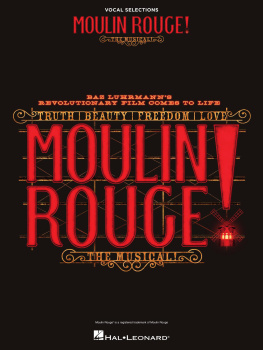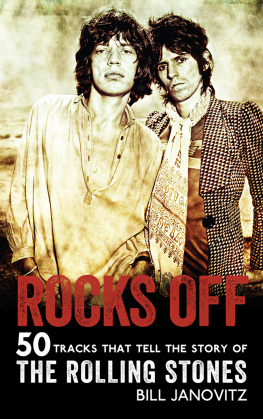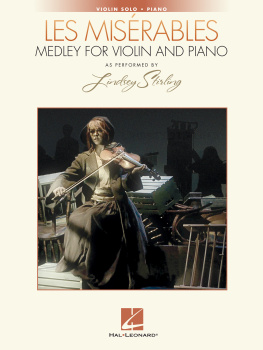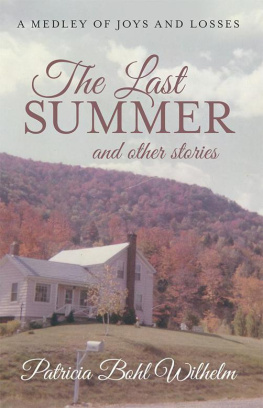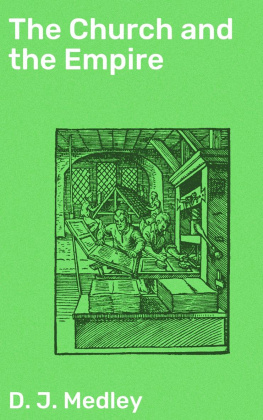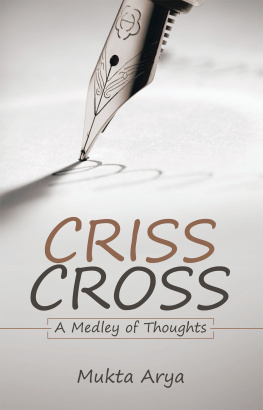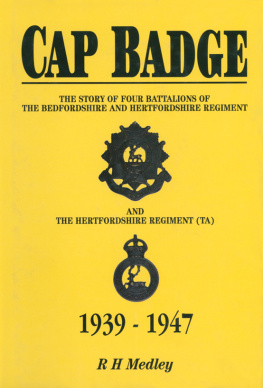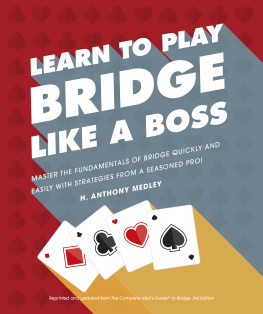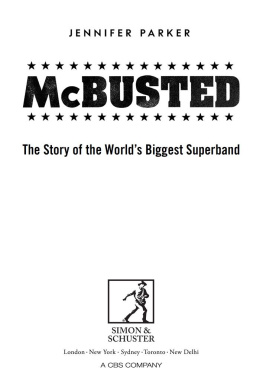THE TIME OF MY LIFE

Copyright 2014 by Bill Medley
All rights reserved. No part of this publication may be reproduced, stored in a retrieval system, or transmitted, in any form or by any means, electronic, mechanical, photocopying, recording, or otherwise, without the prior written permission of the publisher. For information, address Da Capo Press, 44 Farnsworth Street, Third Floor, Boston, MA 02210.
Designed by Jill Shaffer
Set in 12-point Warnock Pro by Eclipse Publishing Services
Cataloging-in-Publication data for this book is available from the Library of Congress.
E-book ISBN: 978-0-306-82317-6
Published by Da Capo Press
A Member of the Perseus Books Group
www.dacapopress.com
Da Capo Press books are available at special discounts for bulk purchases in the U.S. by corporations, institutions, and other organizations. For more information, please contact the Special Markets Department at the Perseus Books Group, 2300 Chestnut Street, Suite 200, Philadelphia, PA 19103, or call (800) 810-4145, ext. 5000, or e-mail .
10 9 8 7 6 5 4 3 2 1
Contents
I still remember the first time I heard Bill Medleys deep, soulful baritone booming through my little Zenith 500 transistor radio.
It was the summer of 1964 and I was fifteen years old, checking out the girls with my friends on Jones Beach, Long Island.
Youve Lost That Lovin Feelin was about to explode into the sonic boom heard around the world.
You never close your eyes anymore when I kiss your lips hit meand every other guy who heard itright in the gut.
His voice personified the sound of a man wounded by love. It was a righteous epiphany.
And it would forever herald the opening theme to the opera of our adolescence.
It still hits me in the gut every time I hear itlike the four-note entry motif of Beethovens Fifth.
Bill Medleys voice resonates to this dayand his journey through life explains the depth and soul inherent in that voice.
Billy Joel
Ive had a life ... and then some. Through some really great highs and some amazing lows my life has gone far deeper than I ever imagined it would. My ex-wife was brutally murdered; I lost my voice completely and was told Id never sing again; I had hit records in four different decades, performed in dive bars and for the president of the United States.
When I do concerts Im asked tons of questions. How did the Righteous Brothers get their name? Did you and Bobby Hatfield get along? What was Phil Spector really like? Why did the Beatles and the Rolling Stones pick you guys to perform on their first American tours?
So, I started doing a storytelling portion in my show. Now people come up to me afterwards and say, Man, I love the show but in the second half, where you did that story-telling thing, that was unbelievably cool. I know if I had the chance to sit down with Ray Charles or Little Richard or any of those guys and ask them what they were thinking when they did this or that, I would love it. Hearing the song is greatbut why you did it and how you felt when you did it is almost as important as the song itself, because you can hear the song at home.
Of course there are some things Id like to clear up. All through our career, for some reason, people thought that Bobby and I disliked each other. Thats not true, our relationship was very complicated, we were like brothersand brothers dont always see eye to eye. Bobby and I were very different, as youll discover in the pages that follow. We were really young when we became successful and it affected us both in very different ways.
I learned that success includes great responsibilitylike it or not. A lot of artists have an I dont give a shit attitude, which I understand, but thats not me. When you have success people look at you with a magnifying glass and Ive always felt something of an obligation, as corny as it sounds, to be a role model. I didnt sign up for that, but its part of the gig. God knows, as youll discover in this book, I havent always hit the bulls-eye in that regard, but thats how I feel. Ever since we had our first big hits I knew every time I walked out of the house people were going to want to talk to me, get an autograph, or take a picture. For me, its either screw my head onto that or stay home, period.
Im actually honored that people still care about the stories and the music. Writing this book has shown me how blessed Ive been in many ways. People often comment about how the Righteous Brothers changed the face of American music and helped usher in the blue-eyed soul era, which I take as a wonderful compliment. Ironically, there was nothing about the Righteous Brothers that should have workedbut it did. Let me tell you how and why in this book. I hope along the way Ill make you smile, maybe cry a bit, and at the end of the story feel like you know who Bill Medley is.
My last hit record was (Ive Had) the Time of My Life. I chose that for the title of this book because I really have had an incredible life filled with a lot of joy, deep friendships, and some big-time, lesson-learning pain. Thankfully, its not over, I still learn every day. One lesson Ive learned is to appreciate it when people take time to be interested in you. Thanks for investing a piece of your life in learning about mine.
If youve ever watched the movie American Graffiti or seen the TV show Happy Days you have a good picture of what it was like growing up in Orange County, California, in the 1950s and early 1960s.
Our hangout was Fiduccias Gas Station. Frank Fiduccias sons were part of our crowd and their dad let us use his business for our headquarters. Why he let us hang around there Ill never knowwe must have driven away customers. This was long before I met Bobby Hatfield, but even then we couldnt have been more different. He was the button-down president of his high-school class and I was the Levis and T-shirt, greaser, motorcycle racing guy who absolutely hated school.
Boyhood friend Johnny Mohler Bill was Fonzie. The duck-tail haircut, the leather jacket, everything. He didnt do well in school except for choir, he loved that. In those days when you started going out with a girl you gave her your jacket to wear, instead of a ring. Bill had at least three different jackets for three different girls. They liked him so much because he was a real sweetheart, just a wonderful person and he hasnt changed a bit. The fame and fortune never changed him. Both Bill and my brother hated school so much they quit (or got kicked out depending on who tells the story) and both of them were millionaires before I even graduated.
I think a little bit of my Texas roots contributed to my boyhood rebellion and my feeling different from many of the other Orange County kids. My grandpa W.T. Medley, whom Im named after, was born and raised in Texas. He had a cattle ranch in Van Horn, Texas, just west of El Paso. Eventually he lost it, came out West and acted in cowboy movies. My family wasnt great about keeping records so I dont know a lot about him, but I know he did well enough in the movies to return to Texas and buy his ranch back.
He was a real cowboy; he could ride, rope, and shoot. By all accounts he was a genuine Christian man nicknamed the sweet manbut he was not a guy to cross. Theres a picture of him riding into town dragging the dead body of a horse thief hed caught. Frontier justice. He died at age ninety-six walking to church.
It was at Grandpas church that my dad Arnol met my mom Irma. Dad moved back to Texas, mom followed him there and they were married. In the late 1930s mom convinced dad to move back to California where they had a band, The Rhythm Houndsshe played piano and sang, and he played sax. Mom was also a hairdresser, which would later open the door for my brief and comical career in that fielddetails to follow.
Next page

